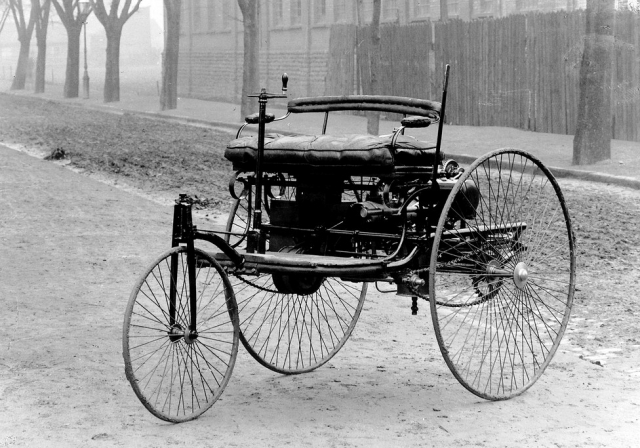The German Industrial and Scientific Revolution

In this podcast Dr Colin Storer of the University of Warwick examines the factors that led to Germany’s industrial and scientific revolution in the 19th century and its significance. Though German was previously seen as a nation of intellectuals dating back to the reformation with Luther, and more recently with Kant, Hegel and Marx, it had not been an industrial nation. Increasingly over the nineteenth century, the newly unified Germany began to pour money into the more practical elements of academia, establishing itself as a nation of scientists. This in turn helped to make Germany an industrial nation, which led the way in electrical, chemical, optical and armaments industries. Germany’s industrial might became evident not just to Britain in this period, who feared being outstripped by this rising star in international business and industry, but it is plain to see even to us today, as many of the companies founded in this period of rapid development still exist even now such as Mauser, BMW, Audi and Adidas.
1. The German Scientific and Intellectual Enlightenment.
2. Why was Germany such a leader in research and academia?
3. The German Scientific and Industrial Revolution.
4. When does Germany start to compete with Britain and the US?
5. The impact of the Industrial Revolution on German Nationalism.
6. What was the significance of the German Industrial Revolution?
In order to access the full content of the podcasts please Login or Join the HA.

